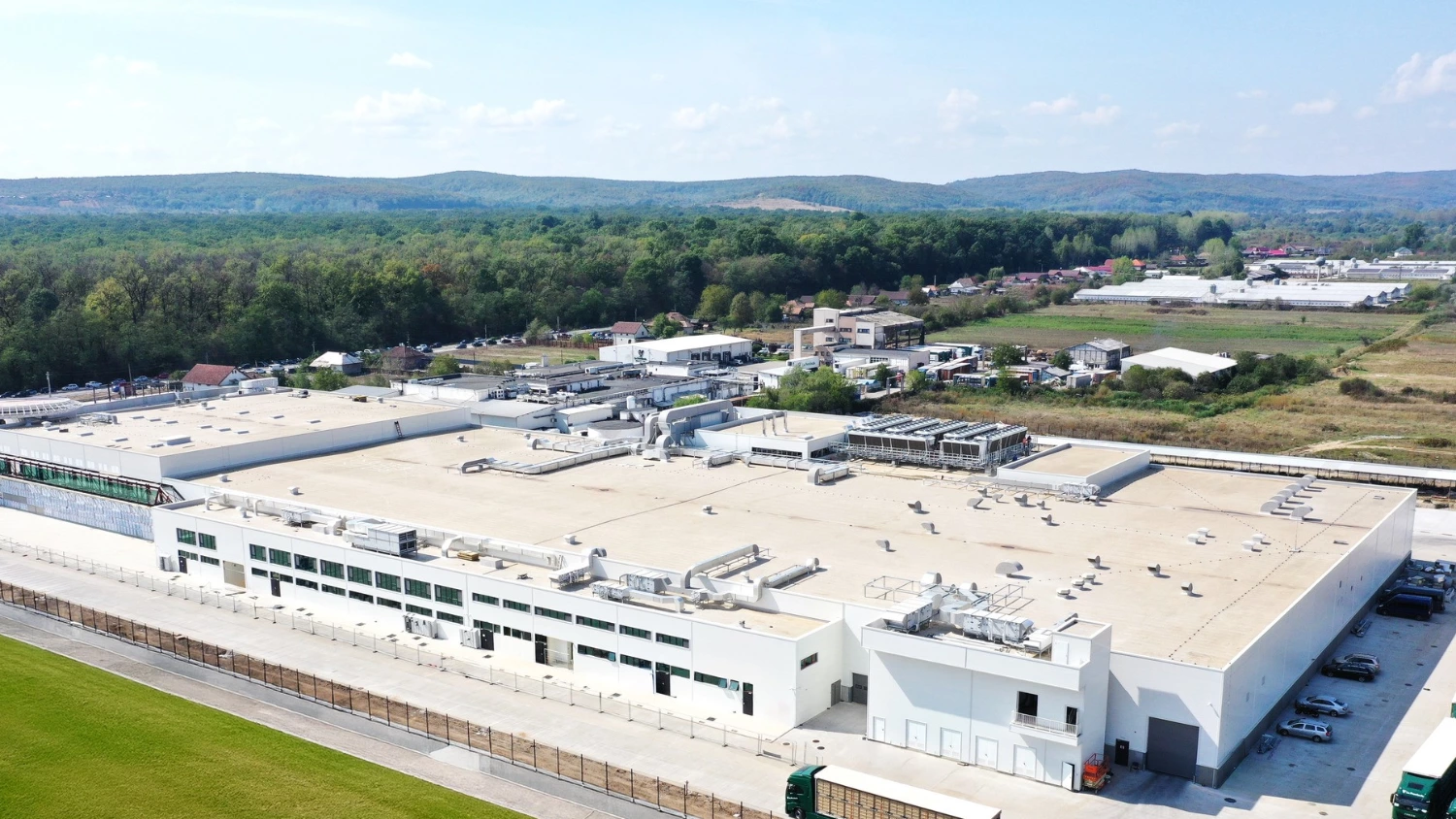With the accelerated introduction of digitization or artificial intelligence into companies activities, production automation, or increased sustainability requirements, organizations face an imperative need for leaders prepared to handle these changes, significantly contributing to success and maintaining market competitiveness.
However, the average selection time for candidates for top management positions in large companies is 110 days, according to data from Arthur Hunt Romania, indicating a slow pace of adaptation of companies to the dynamic transformation of society and the economy. The main reasons are the lack of autonomy of managers who recruit directly or the lack of connection of companies to the labor market dynamics.
"In many organizations, corporate culture has stagnated in the past, and this can jeopardize the business in a changing world and a highly dynamic labor market. Decision-makers are still bound by routines that no longer work in 2024. In the 3 or 4 months it takes for an internal decision in a multinational, the market can face radical changes, and the competition can make strategic moves. It is crucial to adopt an organizational mindset focused on dynamics and change, and leaders who focus solely on risks may lose out in the coming period," says Sorin Roibu, Managing Partner Arthur Hunt Romania.
In the context of a 2024 marked by elections, organizations adopt reserved attitudes towards engaging in organizational transformations, even though internal barometers indicate high levels of operational pressure and stress among employees. The effect of these reservations and delays in making decisions that allow organizations to adapt adequately directly contributes to the increased psychological pressure felt by employees and the migration of employees between companies, hoping to find a "more normal, more structured, quieter" environment, Arthur Hunt specialists appreciate.
Although organizational leaders understand the need to create healthy environments to secure the workforce and increase productivity, in practice, there is too little time and resources available for employee well-being. Therefore, many companies turn to specialized HR and well-being consultancy firms.
Companies are also facing an increasingly acute phenomenon of a lack of specialized workforce, coupled with an aging population and population exodus. By 2030, estimates show that the labor market will need over 600,000 specialists in industries such as IT, health, or the legal field[i], with the country's faculties expected to supply only half of this need.
Furthermore, the labor market tends to lag behind due to insufficient investments in improving workforce training to cope with the transformations of recent years, Arthur Hunt specialists emphasize. Although Romania closely follows global trends regarding the labor market, organizations invest insufficiently in developing the skills and competencies of their teams. Thus, only 2 out of 10 (21%) Romanian private sector employees participate in such courses, according to a World Bank study.
Arthur Hunt is one of the top international companies in human resources consultancy. Present in Romania since 2006, the company operates in Executive Search, HR consultancy, and change management processes within medium and large organizations.










